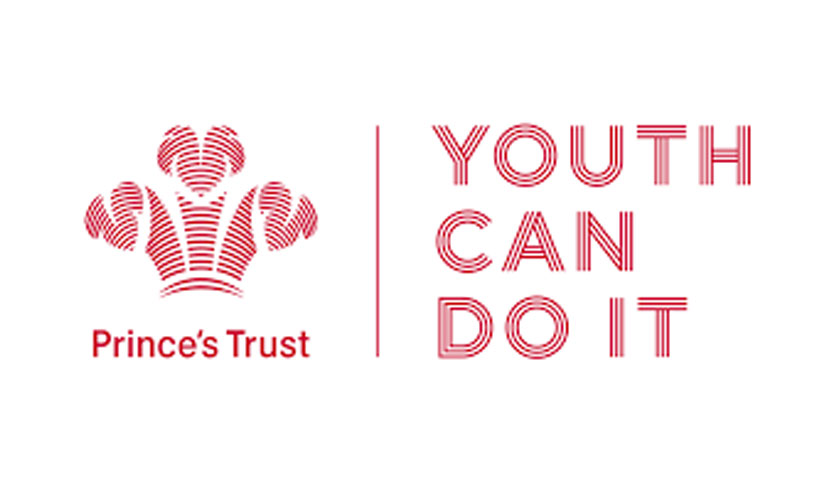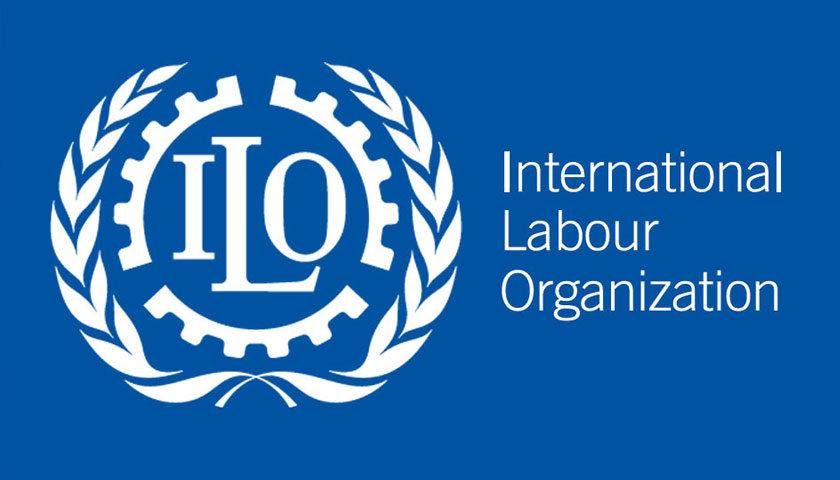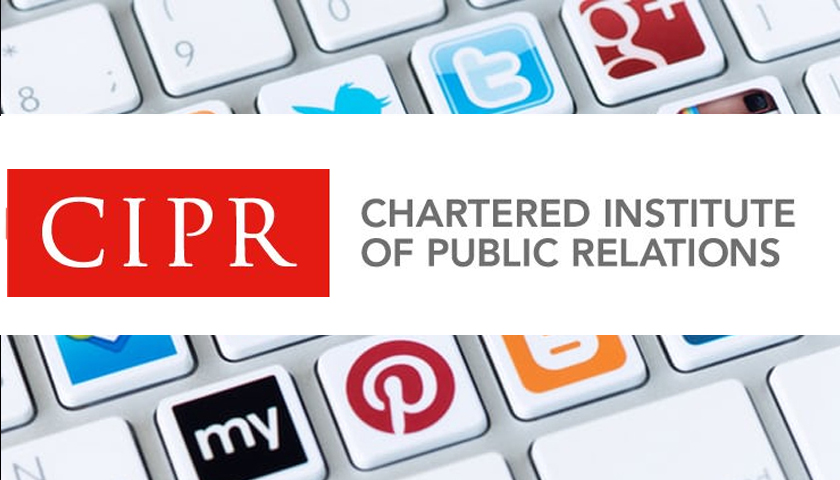The Prince’s Trust NatWest Youth Index (pdf, 8mb), finds almost a quarter of young people (23%) in the UK agree they will never recover from the emotional impact of the pandemic. The report reveals the happiness and confidence of 16 to 25-year-olds has hit the lowest point in its thirteen-year history.
The Youth Index – conducted by YouGov who surveyed 2,106 16 to 25-year-olds across the UK – gauges young people’s happiness and confidence across a range of areas, from their physical and mental health to working life.
Almost half of young people (48%) agree that the pandemic has left them feeling “burnt out”, 46% have experienced feelings of self-loathing, and more than a third (36%) reveal that the pandemic has caused a long-term negative impact on their stress levels. While almost half (48 %) report experiencing a mental health problem, 46% say the pandemic has made their mental health worse, and 44% agree they are more anxious now.
Overall, wellbeing and confidence in young people out of work, education or from poorer backgrounds was found to be consistently worse throughout the Youth Index. For those not in work, education or training (NEET) or from poorer backgrounds, a quarter of young people (23 and 26%) report that they always feel anxious compared to 15% of peers in work or education and 16% of young people overall.
Jonathan Townsend, UK Chief Executive, The Prince’s Trust said:
The pandemic will be a scar for life on young people in the UK, unless we act now. This alarming downward spiral of anxiety, stress and lack of confidence for the future will impact young people today and in future generations, while widening the gap for the most disadvantaged. With the right support from businesses, government and charities we can turn this around and ensure young people have the right skills and confidence to feel positive about their future work, and about their life overall.
After emotional wellbeing, money is the next area of young people’s lives where they feel the least happy and confident. One in three (33%) state they are unhappy with the amount of money they have and 47% say they never have enough money at end of month for savings after paying for bills.
Alison Rose, Chief Executive of NatWest Group said:
This is an important reminder of how vital it is for all of us to prioritise young people’s wellbeing and to champion their potential. As a bank, we are committed to helping people build long-term financial capability and confidence in order to achieve their goals – and with the right support, we can break down real and perceived barriers. Together with The Prince’s Trust, we’ve helped thousands of young people to overcome the barriers they face and feel more positive about the future.
One in five (22%) young people feel they will fail in life, with this rising to a third (34%) of those who are NEET. Almost a quarter (23%) of young people from poorer backgrounds think their life will amount to nothing, no matter how hard they try. For those out of work or education, almost half said being unemployed made them feel hopeless (46%) and a similar proportion stating the longer it went on, the worse they felt about themselves (47%).
Jonathan Townsend said: “At The Prince’s Trust, we are resolute in empowering all young people with the confidence, support, training and employment opportunities they deserve to succeed in their futures. From experience, we know how transformational the right support can be to a young person in need of help and together we can prevent the threats of today’s report becoming a reality.”
The Prince’s Trust helps tens of thousands of young people each year to build the confidence and skills they need to realise their potential. The employability courses offered by The Trust, which are run both in person and online, give young people the practical and financial support needed to stabilise their lives. Three in four young people on Prince’s Trust programmes move into work, education or training.



